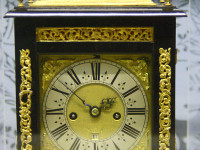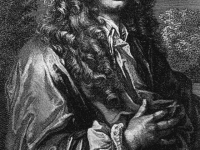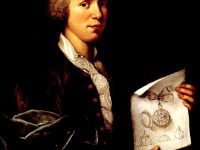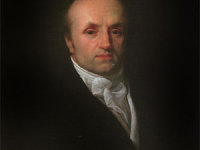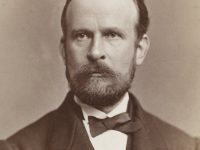Daniel Quare and the Repeating Watch Movement
On March 21, 1724, English clockmaker and instrument maker Daniel Quare passed away. He is best known for his invention of a repeating watch movement in 1680 and a portable barometer in 1695. Daniel Quare – A Brother of the Clockmaker’s Company Daniel Quare was probably born in 1648, but the sources differ. He was admitted a brother of the Clockmakers’ Company in April 1671. When Quare started his career, the pendulum…
Read more

